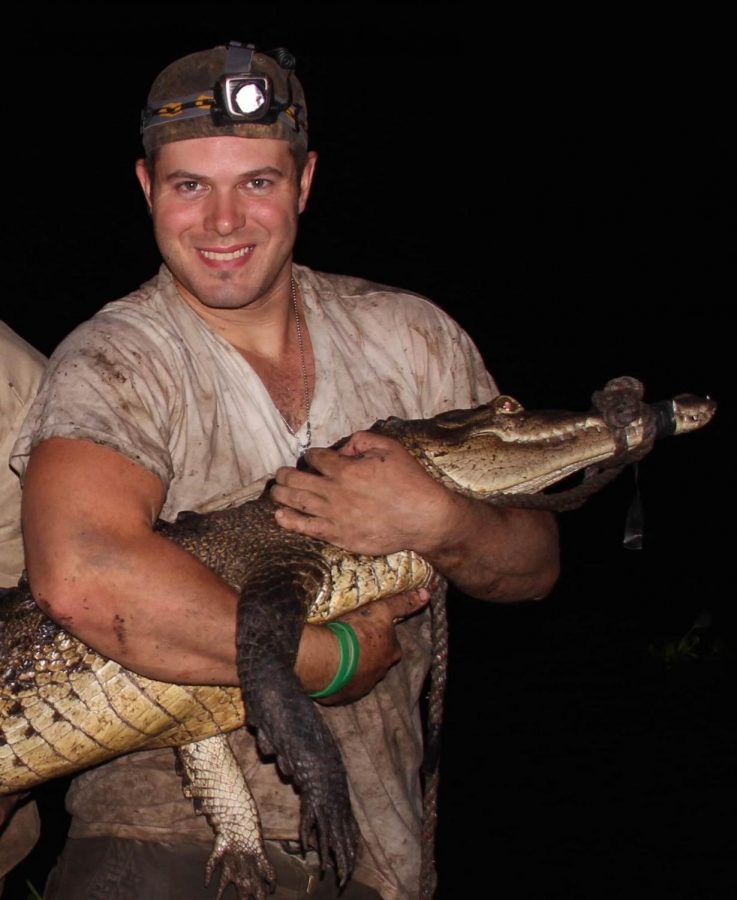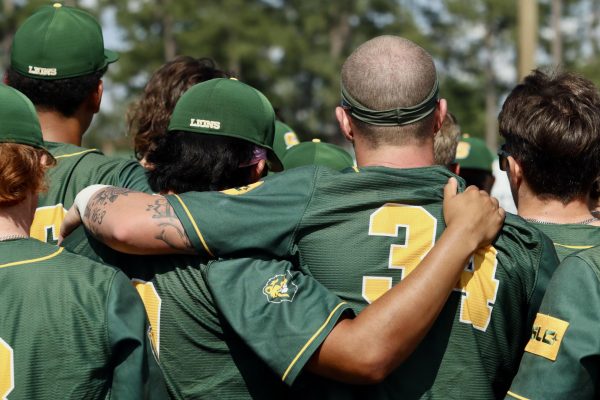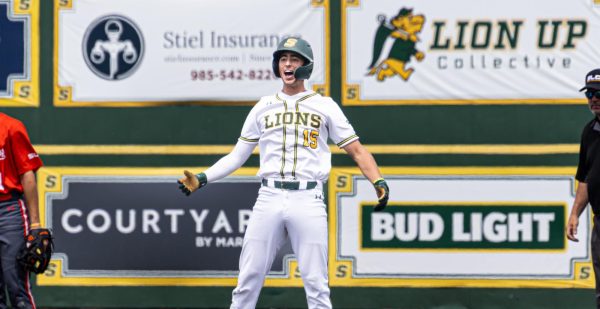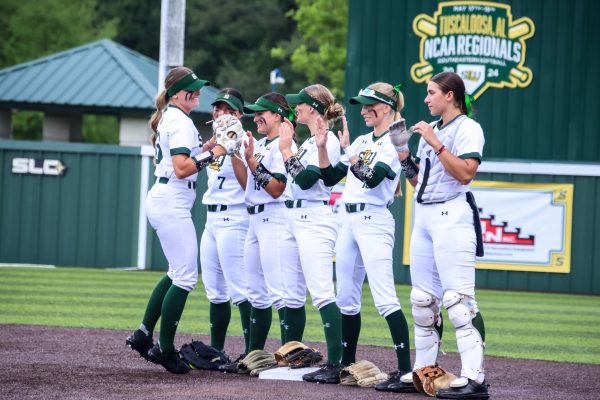Dr. Murray recognized as 2020 BioOne Ambassador
Dr. Chris Murray, assistant professor of biological sciences, is a recipient of the 2020 BioOne Ambassador Award,
The American Society of Ichthyologists and Herpetologists nominated Murray for his specialized research. Murray received his nomination from a paper he and his colleagues wrote describing a new species of crocodile from Papua New Guinea.
From a young age, Murray expressed an interest in biology.
“When I was in high school, my next-door neighbor and I had a camera that we used to make home wildlife videos on as crocodile hunters,” reminisced Murray. “I actually then moved to south Florida with him and worked at an alligator refugee center for a few summers.”
His educational journey began at Juniata College for his bachelor’s in biology. He then received his master’s at Southeastern Louisiana University and completed his Ph.D. at Auburn University. He has been a professor for the university since 2019.
The requirements for the BioOne Ambassador Award consist of being a graduate student, or a scientist, or having received a Ph.D. in the past five years, submitted an essay of 250 words about their work and published in a BioOne journal for 2019. The organization making the nomination must also be a current BioOne publishing partner.
Murray specializes in the areas of comparative morphology, physiological ecology of vertebrates in neotropical and subtropical coastal wetlands.
“The nominated research that describes the second species of crocodile in Papua New Guinea is important for the preservation of the lineages and requires further conservation assessment,” shared Murray. “I talk to my graduate students about the work to highlight examples of comparative morphology in active research.”
The summary that Murray submitted is called “Hidden Predators in the Vaults of Museum Collections.” His results emphasize the importance of making new discoveries through the museum’s history collections.
His summary on bioonepublishing.org reads, “Instead of packing our field gear for a jungle expedition we studied museum specimens stored in natural history collections. Using imaging techniques and shape quantification methods, paired with genetic and ecological data, we discovered a new species of crocodile, Hall’s New Guinea crocodile, from the southern side of the Central Highlands; a species hiding in plain sight in natural history museums around the world.”
Murray reflected on what this award means to him.
“I am humbled to have received this award,” said Murray. “It is very humbling and special that I am being recognized for honoring a late crocodilian colleague and I am also proud to be supported by the university.”
He explained his further plans after receiving the BioOne Ambassador Award.
“I plan to just keep doing research, teaching and keep formulating interesting questions,” said Murray. “Most importantly, to just keep having fun.”
Your donation will support The Lion's Roar student journalists at Southeastern Louisiana University.
In addition, your contribution will allow us to cover our annual website hosting costs.
No gift is too small.
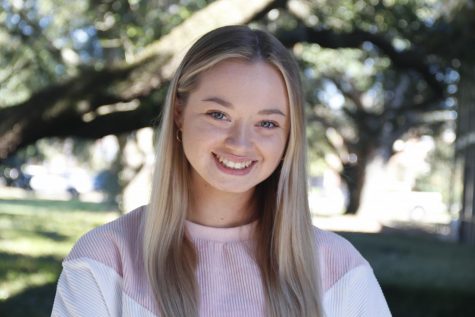
Gabby Wood is a communication major with a focus in public relations. Outside the office, you can find her trying new coffee shops and endlessly scrolling...


